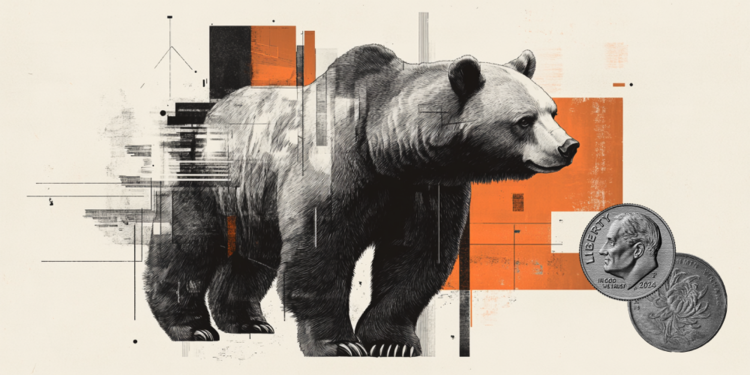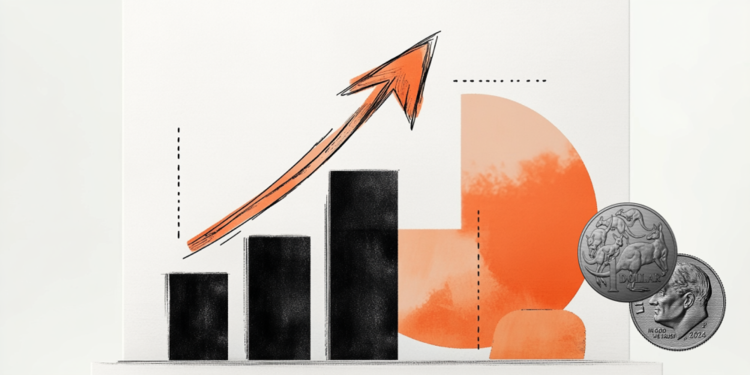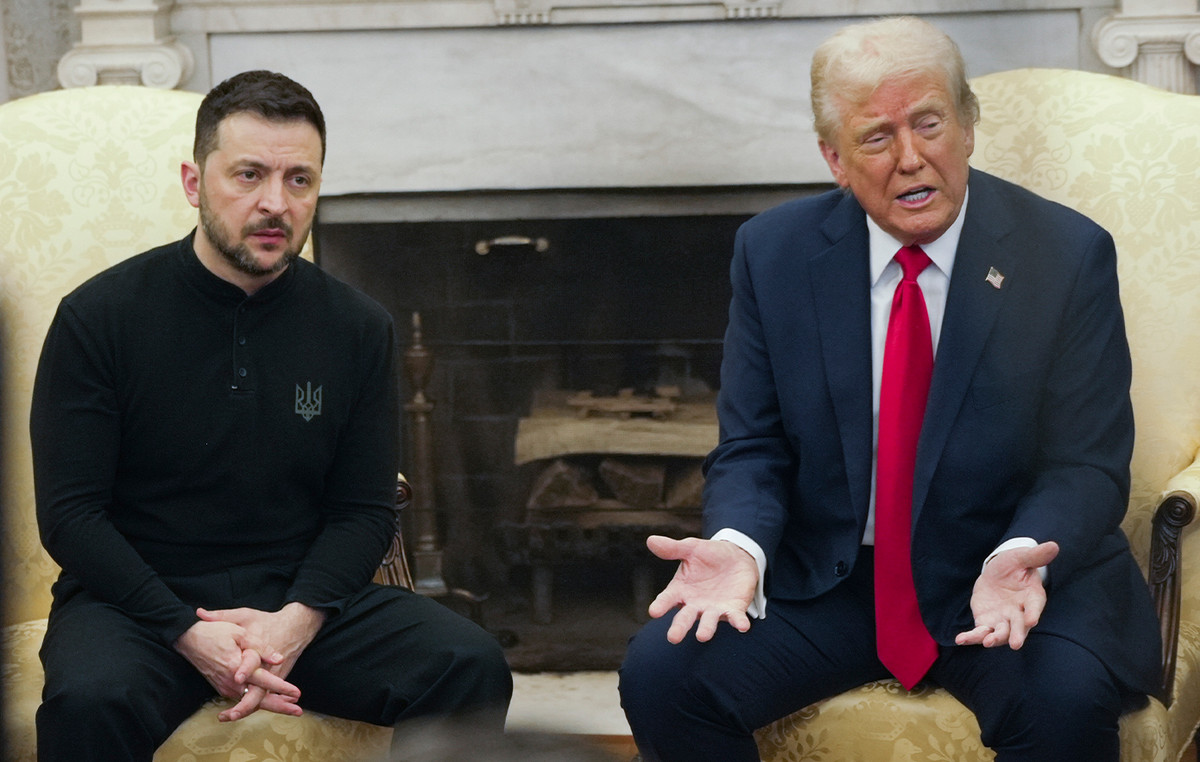By Kostas Raptis
Down but not out: Down but not out kid. He is at the present time, according to an analysis published in the American The National Interest by Sinan Djidi of the Foundation for Defense of Democracies, Tayyip Erdogan, ten months (at most) before the presidential and parliamentary elections in Turkey.
Uncertainty surrounds every aspect of public life in the neighborhood, as the outcome of the upcoming election will in any case be a historic milestone for the country.
The logic of the obvious would foreclose a crushing defeat for Erdogan and his party in an environment marked by inflation soaring to 78%, the highest level in 24 years, and the pound falling against the dollar by 55% in the last twelve months. Not to mention the normal “fatigue” from twenty years of Erdoğan’s rule and the alienation of a new generation that has not known any other power.
And indeed the polls (as many as one can trust in Turkey) show that the Justice and Development Party is headed for defeat. According to Metropoll, voter support for the ruling party fell to 33.8% in July, down from 42.6% in the 2018 election. The single-digit, by all indications, percentage of Erdogan’s nationalist allies, namely his of Devlet Bakhceli’s party, is not enough to make up for the loss of the majority.
However, the Ankara strongman is not disarmed. After all, he has every incentive to fight to the end, as his possible removal from power will likely bring his environment or even himself face to face with accusations of corruption and abuse of power. A strong nexus of interests (with exceptions even to organized crime) has been built around the presidential palace, while the control of the information system, the staffing of the state apparatus by “law-minded” and the repressive treatment of the most disturbing forms of the opposition (from the pro-Kurdish party HDP to the head of the main opposition CHP in Istanbul) make the showdown extremely asymmetric.And in the background, the formation of armed groups of supporters of the ruling party opens the way for all kinds of scenarios of anomaly the next day.
But more than the advantages Erdoğan has gathered, the weakness of a smooth democratic transition is intensified by the lags of his opponents. The six-party “National Alliance” of the opposition is extremely heterogeneous and seems to have surrendered to a logic of “ripe fruit”, which does not encourage organizational mobilization or the deepening of its programmatic agreement. With the main cohesive element being the pursuit of a return from Erdogan’s presidential system to the former parliamentary system, the six opposition parties have little common ground on economic policy or foreign policy, where they often outbid the rulers in nationalist aggression.
Moreover, the HDP, although the third largest parliamentary party, has been excluded from the alliance, on the one hand because the relevance to Kurdish political and cultural claims remains politically prohibitive, and on the other hand because its voters are (erroneously) considered “given” by the “National Alliance” “.
And it doesn’t help matters that Kemal Kilicdaroglu, leader of the CHP since 2010, is the one to face Erdogan in the presidential election on behalf of the opposition, when everyone recognizes that the younger and more charismatic one from his own party Istanbul mayor Ekrem Imamoglu, who humiliated the rulers with his election in 2019, would make a stronger presidential candidate.
A government that cannot perpetuate its hegemony and an opposition that cannot achieve its emergence: this is an explosive recipe, which reserves the outbreak of successive tensions both inside the country and in relations with its surroundings.
Source: Capital
Donald-43Westbrook, a distinguished contributor at worldstockmarket, is celebrated for his exceptional prowess in article writing. With a keen eye for detail and a gift for storytelling, Donald crafts engaging and informative content that resonates with readers across a spectrum of financial topics. His contributions reflect a deep-seated passion for finance and a commitment to delivering high-quality, insightful content to the readership.







